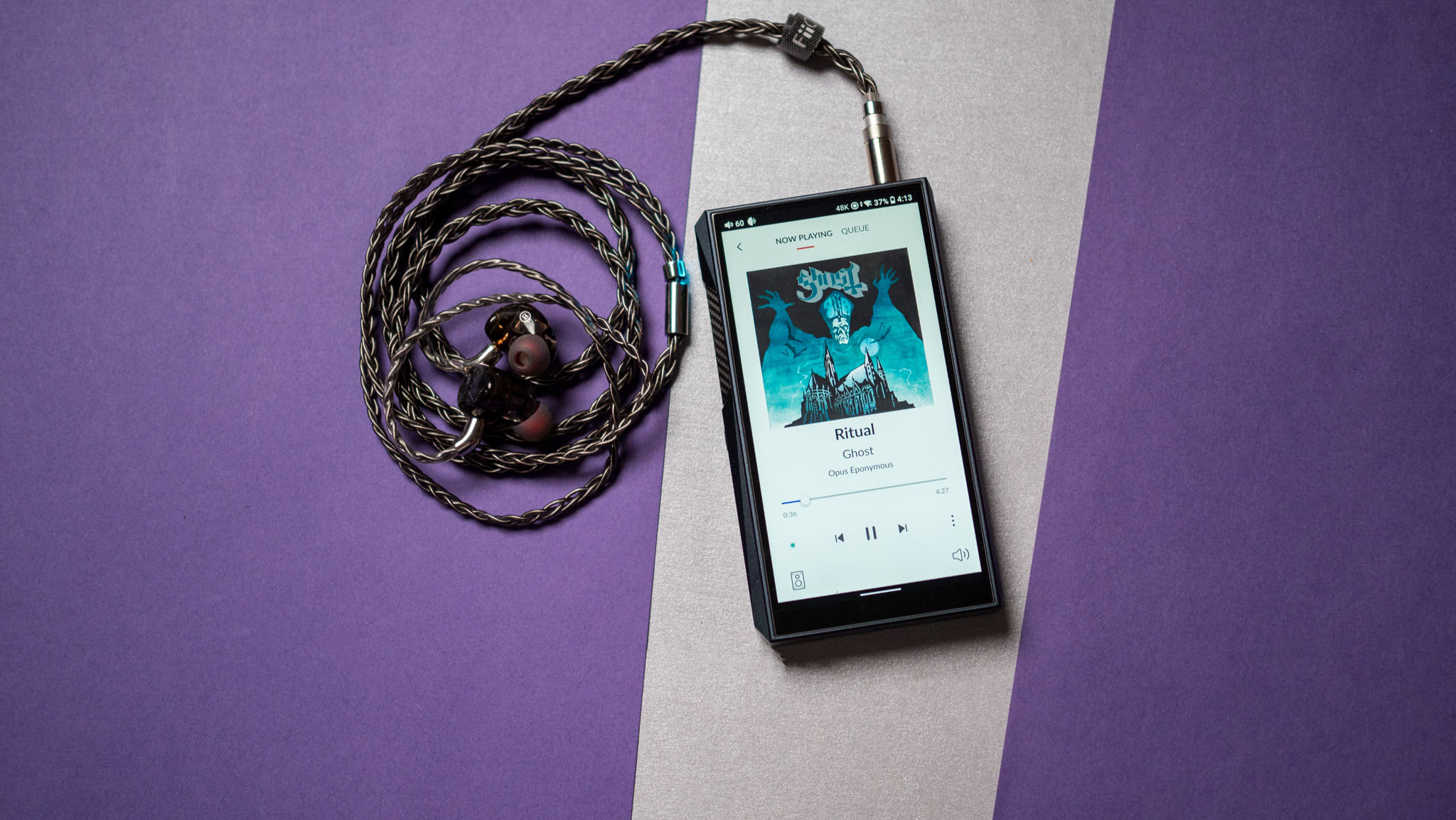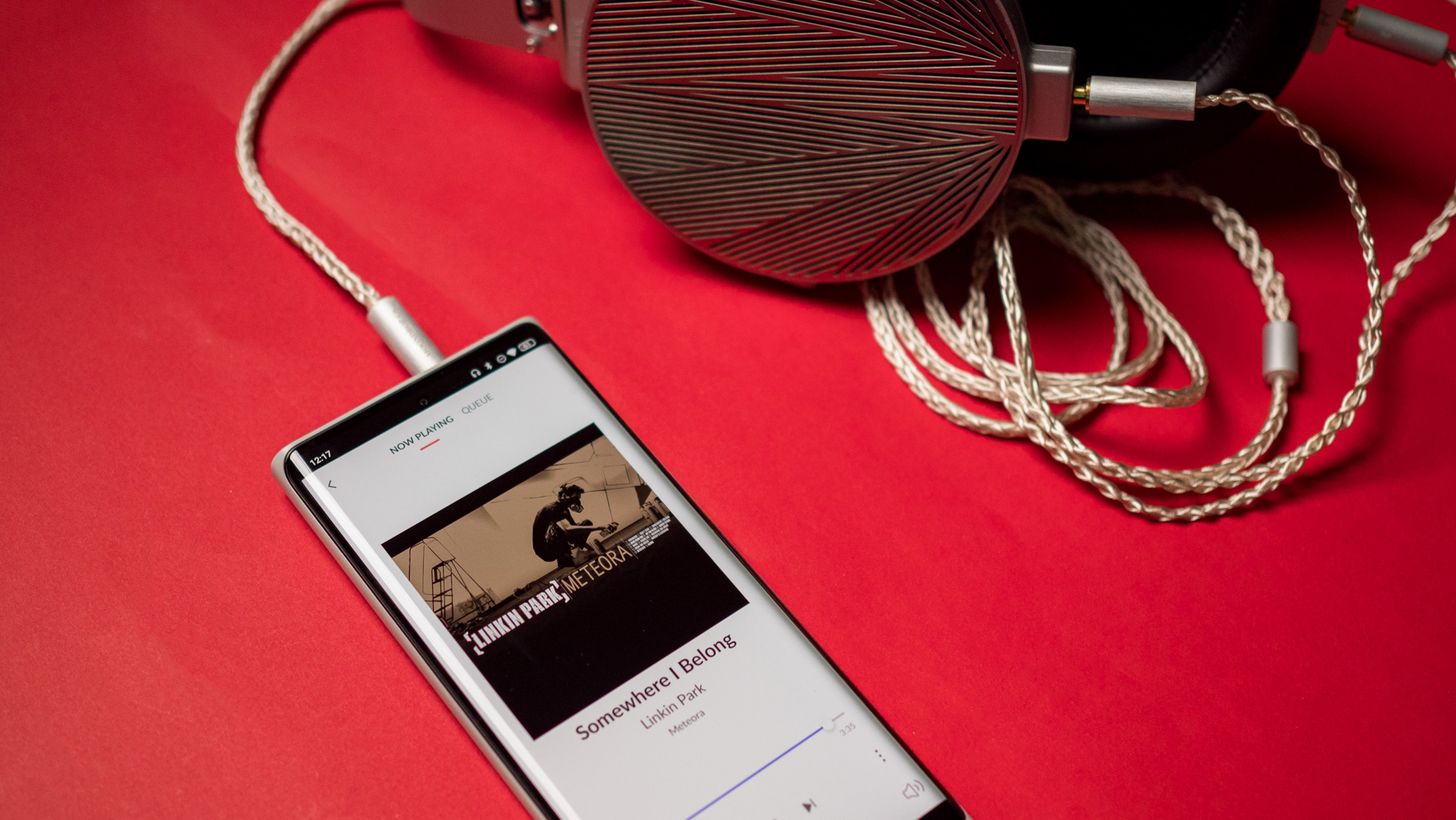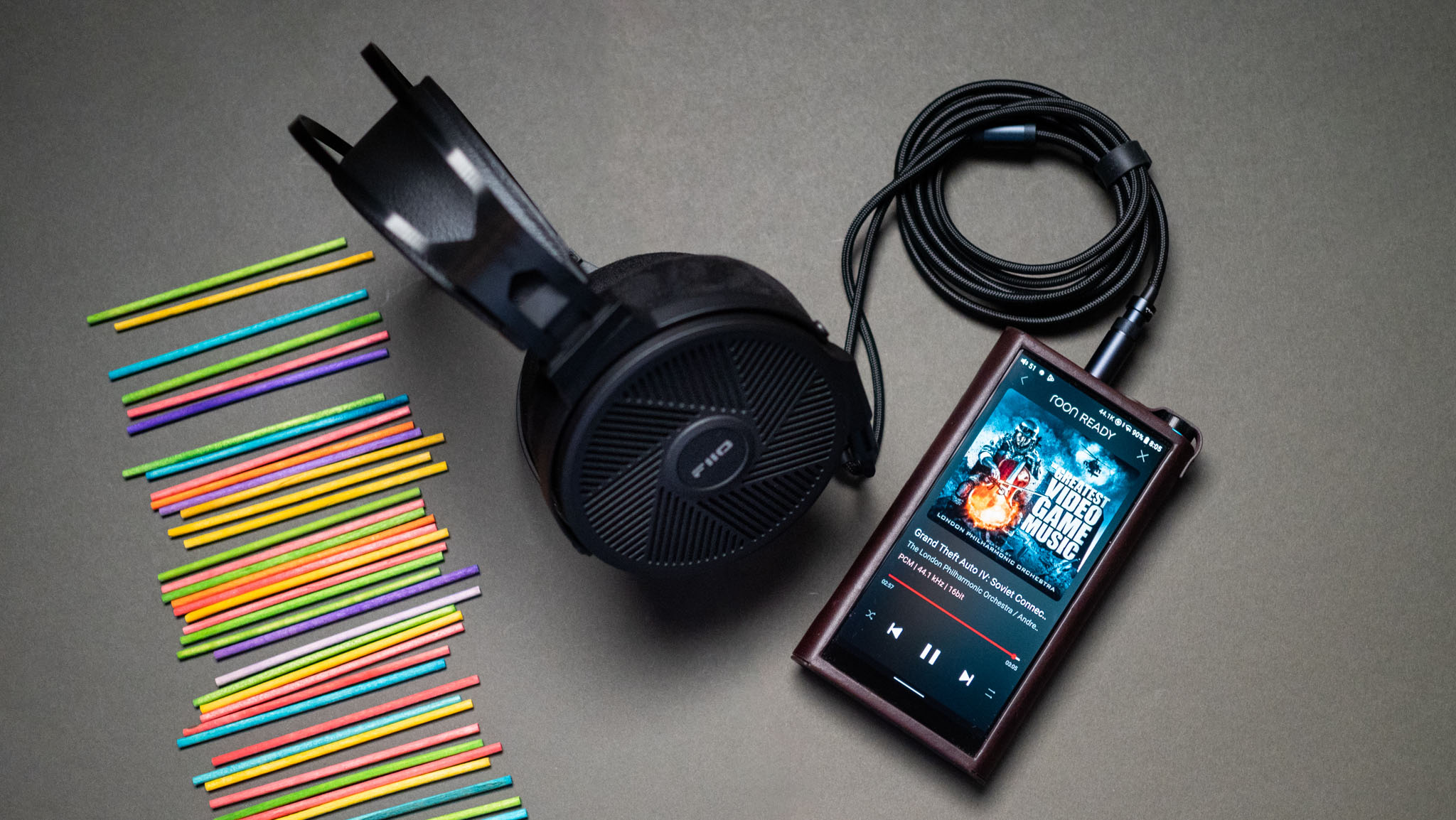Roon has transformed how I listen to music
Roon takes away the hassle of organizing my music library, and it has a ton of useful extras.

I have a sizeable music library, and every few years, I try to organize it — to no avail. Ultimately, I would just go back to using foobar2000 or MediaMonkey and manually play back whatever album I want to listen to. Over the years, I used a variety of media players and organizers, but most of them ended up either being buggy or too convoluted that I often spent most of the time tinkering with the settings instead of listening to music.

In Hardwired, AC Senior Editor Harish Jonnalagadda delves into all things hardware, including phones, AV gear, storage servers, and networking products.
So when I heard about Roon, I figured it might just be the solution I was looking for. I was skeptical of the service initially; it costs $15 a month, $129 annually, or you can get a lifetime license by shelling out $829 — I thought that was an absurd amount of cash for what is basically a glorified music player.
Roon isn't a music streaming service; it is instead designed to work with the music you already have, so if you don't have a sizeable offline music collection, you won't get much use out of the software. As a high-level overview, Roon is a music management service that organizes your media library, and it easily lets you stream content to connected devices, including Cast-enabled products.
As the pricing suggests, the service is clearly aimed at enthusiasts, and it has a lot of prerequisites. You need to set it up on a NAS server, and an SSD is mandatory — it isn't designed to be run on mechanical HDDs. You don't need to store your music library on an SSD; that can still be on a regular HDD, but Roon's database needs to be installed on an SSD.

After you configure the software and point it to your music library, it does the rest: cataloging your music library, sorting albums and bands into categories, adding metadata, classifying music into genres, and so much more. What I like about Roon is the detailed information you get on each artist; it's how I found out that Thomas Bangalter of Daft Punk made an orchestral score called Mythologies (which is brilliant).
Another nifty trick is that Roon doesn't change any of the file metadata itself — it just creates an overlay based on the albums in your library, and that again is markedly different to how other media players work. But the best part about the service is that it removes a lot of the friction involved in maintaining a music library, and that alone justifies the asking price.
There are plenty of other niceties: if you use Tidal, Qobuz, or KKBox, you can link these services via Roon, and it creates a seamless blend of online and local streaming that just makes a lot of sense. Roon uses a custom signal path to deliver bit-perfect audio, and the sound engine has a ton of useful additions, including a DSP engine, EQ, presets, and unique filters.
Get the latest news from Android Central, your trusted companion in the world of Android

I use Roon with my Windows machine that's connected to a Fiio K19 DAC and Audeze's MM-500 headset, and it is a terrific combination. The service is great at discovering new music, but what I like best is that it makes playing music across various devices extremely easy; I have a lot of eclectic audio gear that's connected via Chromecast Audio and WiiM streamers, and Roon lets me select the device I want to cast to in a matter of seconds.
Roon Arc is a relatively recent addition that enables these features on the go, unlocking the ability to stream your local music library over the internet. What makes a greater difference in my use case is Roon Ready; this feature allows Roon to be integrated into network streamers and digital audio players, and I use it extensively with the Fiio M11S and R7.
Ultimately, the ease of use combined with the interface and detailed notes make Roon stand out from other media players. There is a high barrier to entry, but having used the service for just over 15 months, I can't see myself switching to anything else.

Harish Jonnalagadda is Android Central's Senior Editor overseeing mobile coverage. In his current role, he leads the site's coverage of Chinese phone brands, networking products, and AV gear. He has been testing phones for over a decade, and has extensive experience in mobile hardware and the global semiconductor industry. Contact him on Twitter at @chunkynerd.
You must confirm your public display name before commenting
Please logout and then login again, you will then be prompted to enter your display name.
